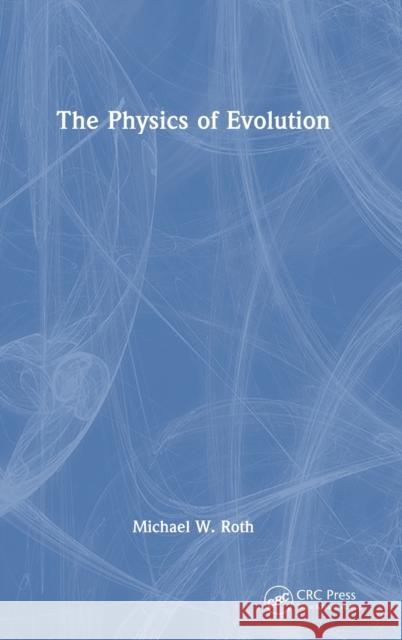The Physics of Evolution » książka
The Physics of Evolution
ISBN-13: 9781032489070 / Angielski
The Physics of Evolution
ISBN-13: 9781032489070 / Angielski
(netto: 622,25 VAT: 5%)
Najniższa cena z 30 dni: 629,67 zł
ok. 16-18 dni roboczych.
Darmowa dostawa!
This book provides an introduction to the significant role of physics in evolution, based on the ideas of matter and energy resource flow, organism self-copying, and ecological change. The text employs these ideas to create quantitative models for important evolutionary processes.
This book provides an introduction to the significant role of physics in evolution, based on the ideas of matter and energy resource flow, organism self-copying, and ecological change. The text employs these ideas to create quantitative models for important evolutionary processes.
Many fields of science and engineering have come up against the problem of complex design—when details become so numerous that computer power alone cannot make progress. Nature solved the complex-design problem using evolution, yet how it did so has been a mystery. Both laboratory experiments and computer-simulation attempts eventually stopped evolving. Something more than Darwin’s ideas of heredity, variation, and selection was needed.
The solution is that there is a fourth element to evolution: ecological change. When a new variation is selected, this can change the ecology, and the new ecology can create new opportunities for even more new variations to be selected. Through this endless cycle, complexity can grow automatically. This book uses the physics of resource flow to describe this process in detail, developing quantitative models for many evolutionary processes, including selection, multicellularity, coevolution, sexual reproduction, and the Serengeti Rules. The text demonstrates that these models are in conceptual agreement with numerous examples of biological phenomena, and reveals, through physics, how complex design can arise naturally.
This will serve as a key text on the part physics plays in evolution, and will be of great interest to students at the university level and above studying biophysics, physics, systems biology, and related fields.











